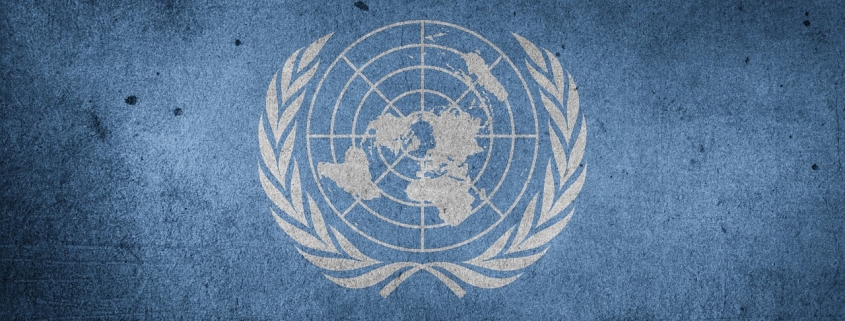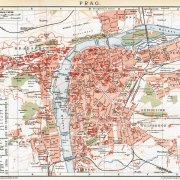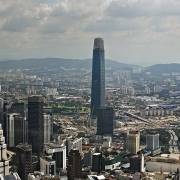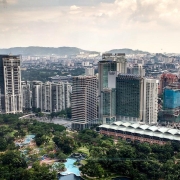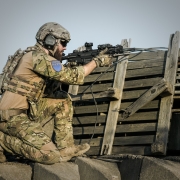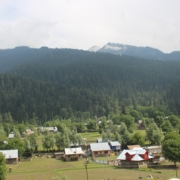What is the role of the United Nations General Assembly?
Topic of Study [For H1/H2 History Students]:
Paper 1: Safeguarding International Peace and Security
Section B: Essay Writing
Theme III Chapter 2: Political Effectiveness of the UN in maintaining international peace and security
Role of the UN General Assembly (UNGA)
The General Assembly is the principal deliberative organ of the United Nations. It comprises of the representatives of all member states that admitted the international organization.
#1: Discussions and recommendations on matters affecting international peace and security
In particular, the UNGA is charged with the responsibility to facilitate discussions among member states to address matters pertaining to international peace and security.
The General Assembly may discuss any questions or any matters within the scope of the present Charter or relating to the powers and functions of any organs provided for in the present Charter, and, except as provided in Article 12, may make recommendations to the Members of the United Nations or to the Security Council or to both on any such questions or matters.
Article 10, Chapter IV of the UN Charter
However, it is imperative to acknowledge the advisory role of the UNGA as the United Nations Security Council (UNSC) bears the primary responsibility in the authorization of use of force in dealing with such matters.
The General Assembly may discuss any questions relating to the maintenance of international peace and security brought before it by any Member of the United Nations, or by the Security Council, or by a state which is not a Member of the United Nations in accordance with Article 35, paragraph 2, and, except as provided in Article 12, may make recommendations with regard to any such questions to the state or states concerned or to the Security Council or to both. Any such question on which action is necessary shall be referred to the Security Council by the General Assembly either before or after discussion.
Article 11(2), Chapter IV of the UN Charter
#2: Voting Process and Resolutions
After much deliberation, member states of the UNGA would undertake a voting process to decide whether to adopt a resolution (i.e. a course of action). Each member state is entitled to one vote. A two-thirds majority must be made before the resolution can be passed.
These resolutions can be passed to address matters, such as the admission of new member states to the General Assembly.
Decisions of the General Assembly on important questions shall be made by a two-thirds majority of the members present and voting. These questions shall include: recommendations with respect to the maintenance of international peace and security, the election of the non-permanent members of the Security Council…
Article 18, Chapter IV of the UN Charter
#3: ‘Uniting for Peace’ Resolution
Although there were Charter limitations that inhibited the UNGA’s role, a reform was introduced on 3 November 1950, known as the ‘Uniting for Peace’ (UfP) resolution.
If the Security Council, because of lack of unanimity of the permanent members, fails to exercise its primary responsibility for the maintenance of international peace and security in any case where there appears to be a threat to the peace, breach of the peace, or act of aggression, the General Assembly shall consider the matter immediately with a view to making appropriate recommendations to Members for collective measures, including in the case of a breach of the peace or act of aggression the use of armed force when necessary, to maintain or restore international peace and security.
Resolution 377(V), 3 November 1950
In practice, the UfP resolution was first invoked during the Suez Canal Crisis of 1956. Due to the vetoes by France and the United Kingdom, the resolution empowered the UNGA to act. This lead to the successful formation of the United Nations Emergency Force (UNEF) that supervised the cessation of hostilities in Egypt.
What can we learn from this case study?
Consider the following questions to understand the topic:
– Assess the view that great power politics impeded the role of the United Nations General Assembly during the Cold War [to be discussed in class].
Sign up for our JC History Tuition as we teach you to organise your content for the United Nations topics.
The H2 and H1 History Tuition feature online discussion and writing practices to enhance your knowledge application skills. Get useful study notes and clarify your doubts on the subject with the tutor. You can also follow our Telegram Channel to get useful updates.
We have other JC tuition classes, such as JC Math Tuition and JC Chemistry Tuition. For Secondary Tuition, we provide Secondary English Tuition, Secondary Math tuition, Secondary Chemistry Tuition, Social Studies Tuition, Geography, History Tuition and Secondary Economics Tuition. For Primary Tuition, we have Primary English, Math and Science Tuition. Call 9658 5789 to find out more.

